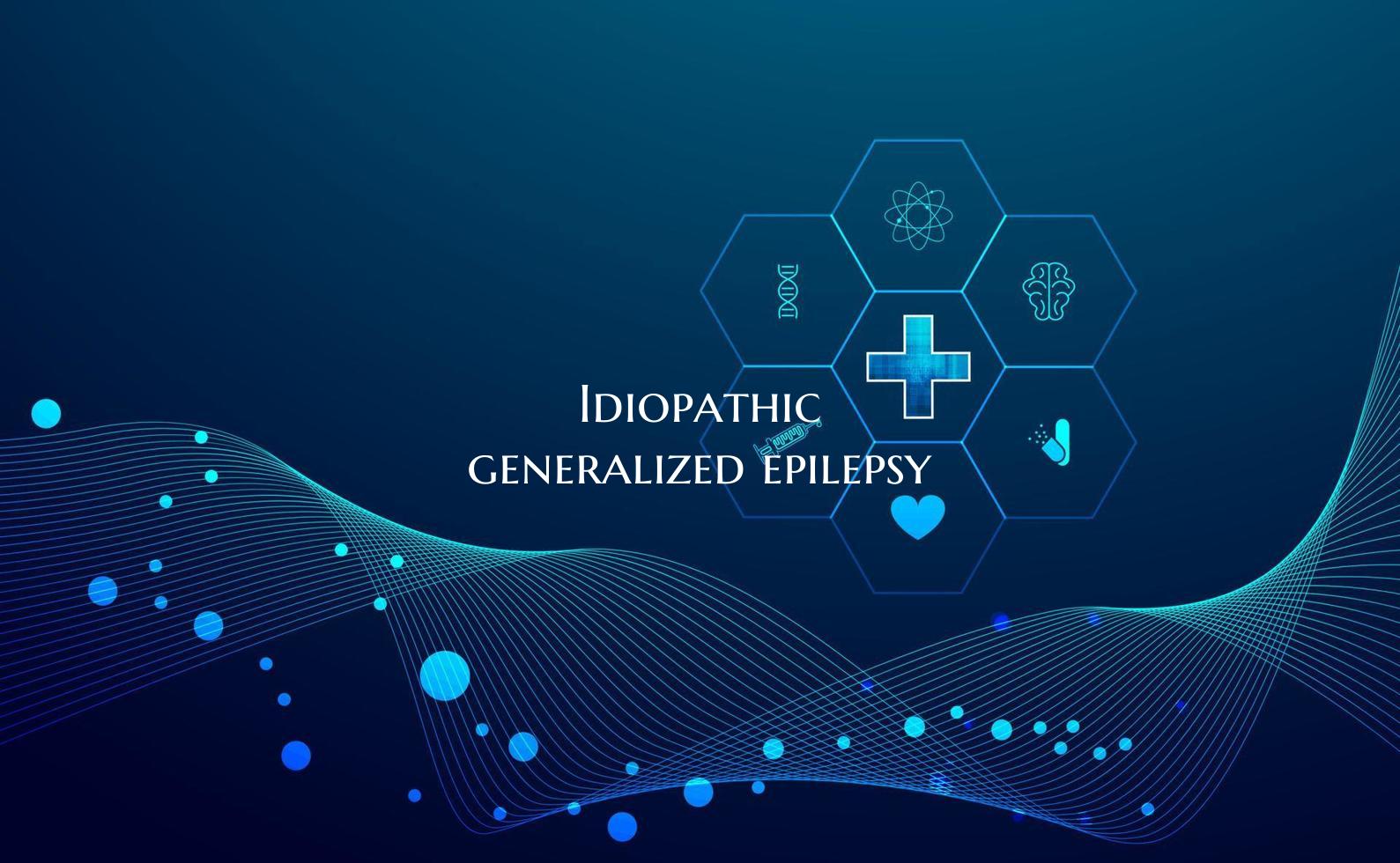
Idiopathic generalized epilepsy
Idiopathic Generalized Epilepsy: Understanding a Common Form of Seizure Disorder
Idiopathic generalized epilepsy is a neurological condition characterized by recurrent seizures that arise from abnormal and synchronous electrical activity in the brain. Unlike focal seizures that originate in a specific area of the brain, generalized seizures involve both hemispheres from the onset of the seizure. Idiopathic generalized epilepsy is a common form of epilepsy that often presents in childhood or adolescence, although it can develop at any age.
Causes: The exact cause of idiopathic generalized epilepsy remains unknown in most cases, hence the term "idiopathic," which means of unknown cause. Genetic factors are believed to play a significant role, as the condition often runs in families. Research has identified specific genetic mutations that may predispose individuals to developing idiopathic generalized epilepsy, highlighting the complex interplay between genetic susceptibility and environmental factors.
Symptoms: The hallmark of idiopathic generalized epilepsy is recurrent seizures that manifest as generalized tonic-clonic seizures, absence seizures, myoclonic seizures, or a combination of these seizure types. Tonic-clonic seizures, formerly known as grand mal seizures, are characterized by loss of consciousness, muscle stiffening (tonic phase), and rhythmic jerking (clonic phase). Absence seizures, also known as petit mal seizures, involve brief periods of staring or unresponsiveness. Myoclonic seizures present as sudden, brief muscle jerks.
Diagnosis: Diagnosing idiopathic generalized epilepsy typically involves a thorough medical history, physical examination, and neurological evaluation. Electroencephalography (EEG) is a key diagnostic tool that records the brain's electrical activity and helps identify characteristic patterns indicative of epilepsy. Imaging studies such as magnetic resonance imaging (MRI) may be performed to rule out underlying structural abnormalities in the brain.
Treatment: Management of idiopathic generalized epilepsy usually involves antiepileptic medications to control seizure activity and reduce the frequency and intensity of seizures. The choice of medication depends on the seizure type and individual patient factors. In some cases, lifestyle modifications such as getting adequate sleep, minimizing stress, and avoiding triggers can help in seizure management. For individuals whose seizures are not well-controlled with medication, surgical options or other alternative therapies may be considered.
Prognosis: The long-term outlook for individuals with idiopathic generalized epilepsy varies. Many people with this condition can achieve seizure control with appropriate treatment and lead fulfilling lives. Regular follow-up visits with a neurologist, adherence to medication regimens, and lifestyle adjustments are key to managing idiopathic generalized epilepsy effectively and improving overall quality of life.
In conclusion, idiopathic generalized epilepsy is a common form of epilepsy characterized by recurrent generalized seizures of unknown cause. While the condition presents challenges, early diagnosis, appropriate treatment, and ongoing support can help individuals with idiopathic generalized epilepsy effectively manage their seizures and optimize their well-being.